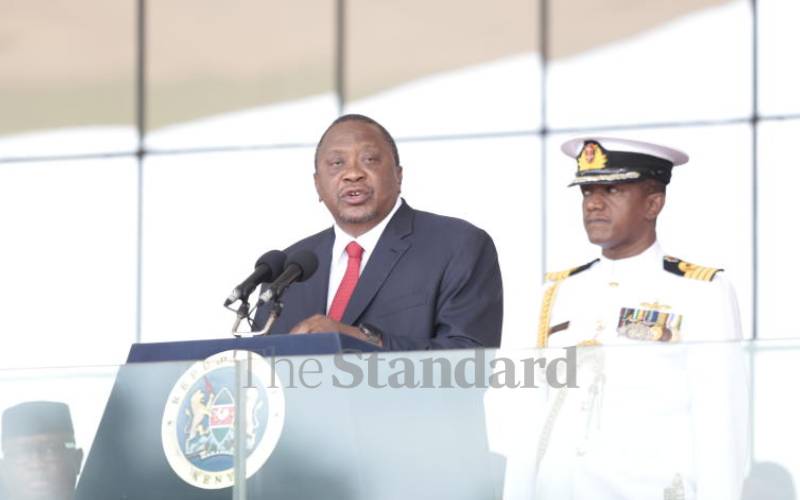×
The Standard e-Paper
Kenya’s Boldest Voice

President Uhuru Kenyatta used the Madaraka Day celebration to defend his legacy and policies.
On what could be the biggest stage before he exits State House later this year, the President enumerated his accomplishments and gave his vision for the future.